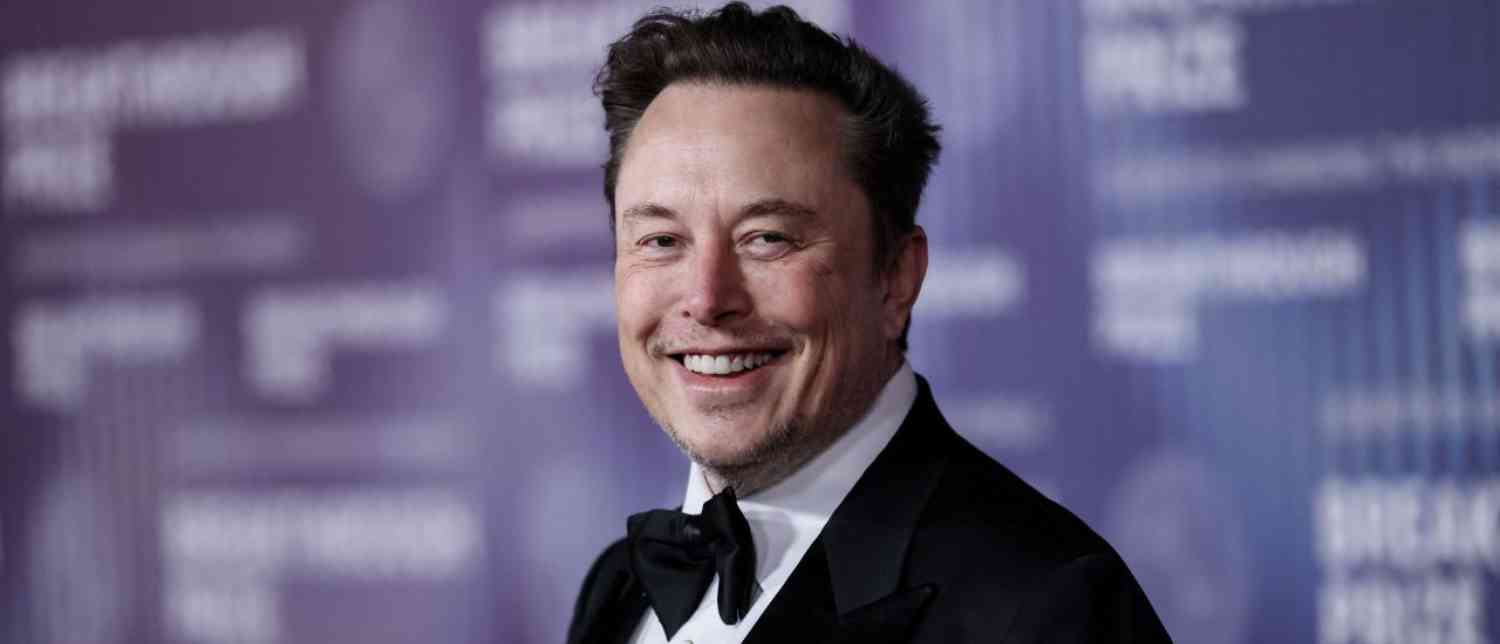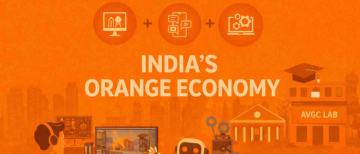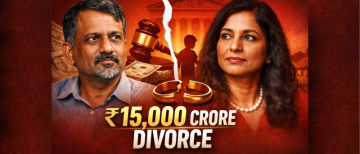On a headline-grabbing Thursday in Texas, Tesla shareholders approved a compensation plan that could, over the next decade, pay Elon Musk up to $1 trillion in shares and stock options. To put that number in sharp perspective: $1,000,000,000,000 is larger than the gross domestic product (GDP) of 170 countries — including Singapore, the UAE, Switzerland, Sweden, Norway, Hong Kong, Qatar and New Zealand (2024 figures referenced in the original coverage). It is also the salary Musk would receive over ten years if every performance milestone in the plan is met.
When the results were announced, Musk — visibly elated — thanked the crowd: “I'd like to just give a heartfelt thanks to everyone who supported the shareholder votes. I super-appreciate it.” The room erupted with cries of “Elon.” More than 75% of shareholders backed the proposal, marking a historic moment in corporate pay packages and corporate governance.
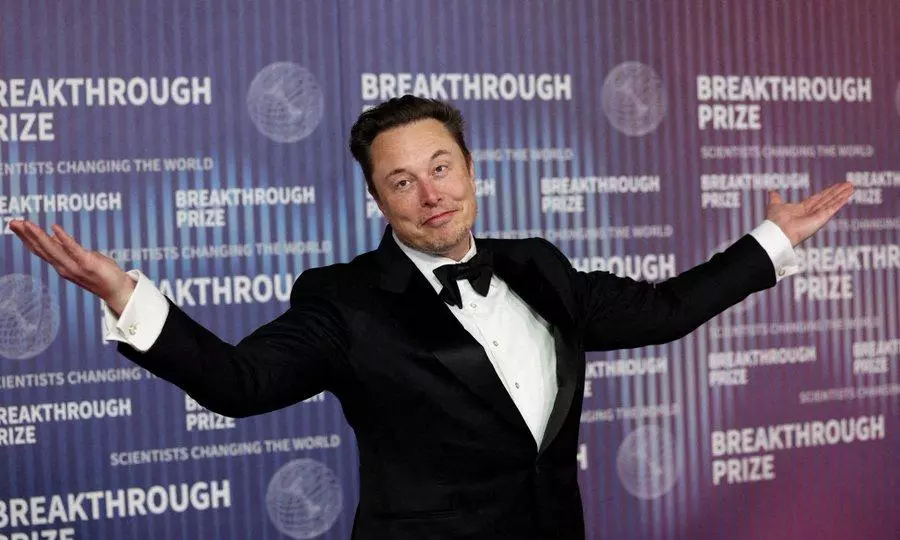
What’s in the $1 trillion package?
Tesla’s plan is performance-based and structured across 12 tranches. Each tranche vests only when specific operational and market milestones are achieved. The company set extraordinarily ambitious targets: a path to $8.5 trillion in market capitalization, up to $400 billion in EBITDA over ten years, and operational objectives such as producing 20 million vehicles annually and delivering one million humanoid robots (Optimus) within a decade.
A few technical details:
-
The first tranche becomes available when Tesla reaches a $2 trillion market value (Tesla’s market cap was cited at roughly $1.5 trillion in the material provided).
-
Targets include increases in market value, dramatic growth in vehicle deliveries (20 million vehicles in 10 years — more than double Tesla’s cumulative production over the past 12 years), higher operating profits, and robot production and deployments.
-
The structure ties Musk’s compensation to a combination of product, profit and market-value goals, and the company argues it keeps shareholders in control because voting rights and payouts accrue incrementally as milestones are met.
Robin Denholm, Tesla’s chair, publicly supported the package, arguing that Musk is central to Tesla’s long-term ambitions: without him, she said, Tesla “could lose significant value, as our company may no longer be valued for what we aim to become: a transformative force reimagining the fundamental building blocks of mobility, energy and labor.”
Why critics say this is a dangerous precedent
The payout has provoked fierce pushback from activists, governance experts, and wealth-inequality campaigners. The objections fall into several buckets:
-
Scale and fairness. $1 trillion is an almost unfathomable sum — it's more than the total funds cited by some global institutions to tackle major human crises. For example, the UN World Food Programme estimated it would need roughly $40 billion a year to end world hunger by 2030 — $400 billion across a decade. That’s less than half of Musk’s potential payout.
-
Concentration of wealth. Campaigners point out that extreme wealth concentration has accelerated: data referenced in the material noted billionaire wealth rose by $2 trillion in 2024, roughly $6 billion per day, with four new billionaires joining the rolls each week. Forbes data cited in the original article stated that the 10 richest people (excluding Musk) together hold nearly $1.7 trillion — numbers that underline widening inequality even as global poverty remains stubbornly persistent.
-
Governance concerns. Proxy advisory firms including Glass Lewis and Institutional Shareholder Services (ISS) urged investors to reject the plan. ISS criticized the structure, saying Musk’s financial incentives are already heavily aligned with Tesla’s value and that splitting potential compensation into “tranches of unprecedented value” could dilute accountability and oversight.
-
Moral optics. Wealth-equality organizations and the public questioned the ethics of rewarding a single executive with a sum that could meaningfully address systemic global problems, particularly when the number of people living in poverty has not substantially changed since 1990 and the richest 1% now control a disproportionate share of global wealth (figures in the source material placed that share above 45%).
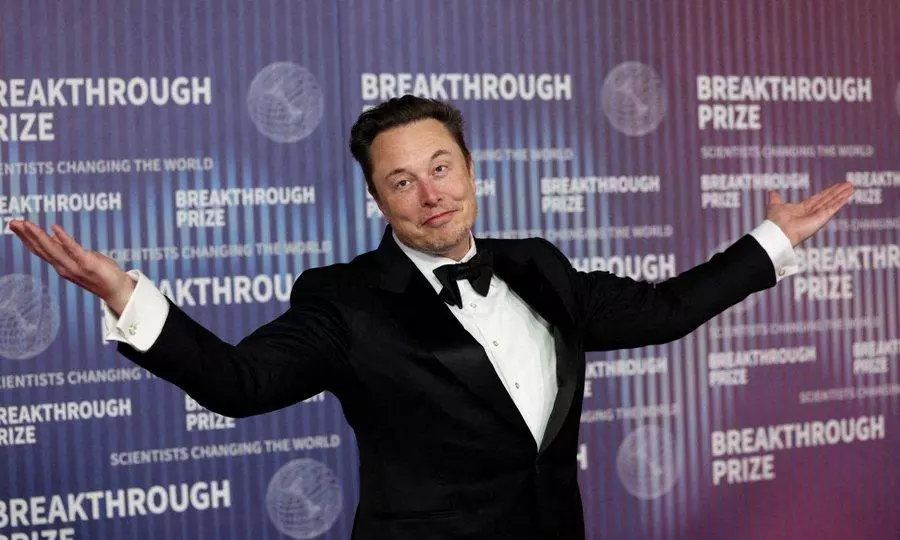
The political and policy fallout
The approval has intensified debate about how governments should respond to extreme wealth. Proposals range from higher taxation on the ultra-rich to more radical ideas. The article referenced former U.S. Senator Bernie Sanders, who once floated an extreme proposal on HBO Max — “Are you basically saying that once you get to US$999 million, the government should confiscate all the rest?” he was asked. “Yeah. You may disagree with me, but I think people can make it on $999 million... I think that they can survive just fine,” he replied.
Historically, special tax regimes for the wealthy are not unprecedented. Several countries maintain wealth or elevated tax structures aimed at high-net-worth individuals:
-
Norway—municipal and national net wealth taxes apply above certain thresholds.
-
Switzerland, Spain, Bolivia and Argentina—each has implemented variants of wealth or net-asset taxes or similar mechanisms.
Still, proposals to dramatically cap or confiscate wealth face political, legal and practical hurdles, and responses have been mixed worldwide.
Elon Musk: it’s about control — and robots
For Musk, the plan is not merely about personal enrichment. The article repeatedly emphasizes control as a theme. Musk has warned he might step back if his ownership stake and control weren’t increased. In October, he made comments that underscore his long-term vision: “It's not like I'm going to spend the money. It's just if we build this robot army, (I want to) have at least a strong influence over that robot army,” he said on a conference call. Musk predicts that around 80% of Tesla’s value could eventually come from Optimus humanoid robots — an under-development project he has described as central to Tesla’s future.
Musk’s rhetoric has at times been theatrical, and that’s part of what makes the debate combustible. During the same earnings call he railed against “corporate terrorists” and warned of being “ousted” — comments that were directed at proxy advisers and critics who pushed shareholders to vote down the package.
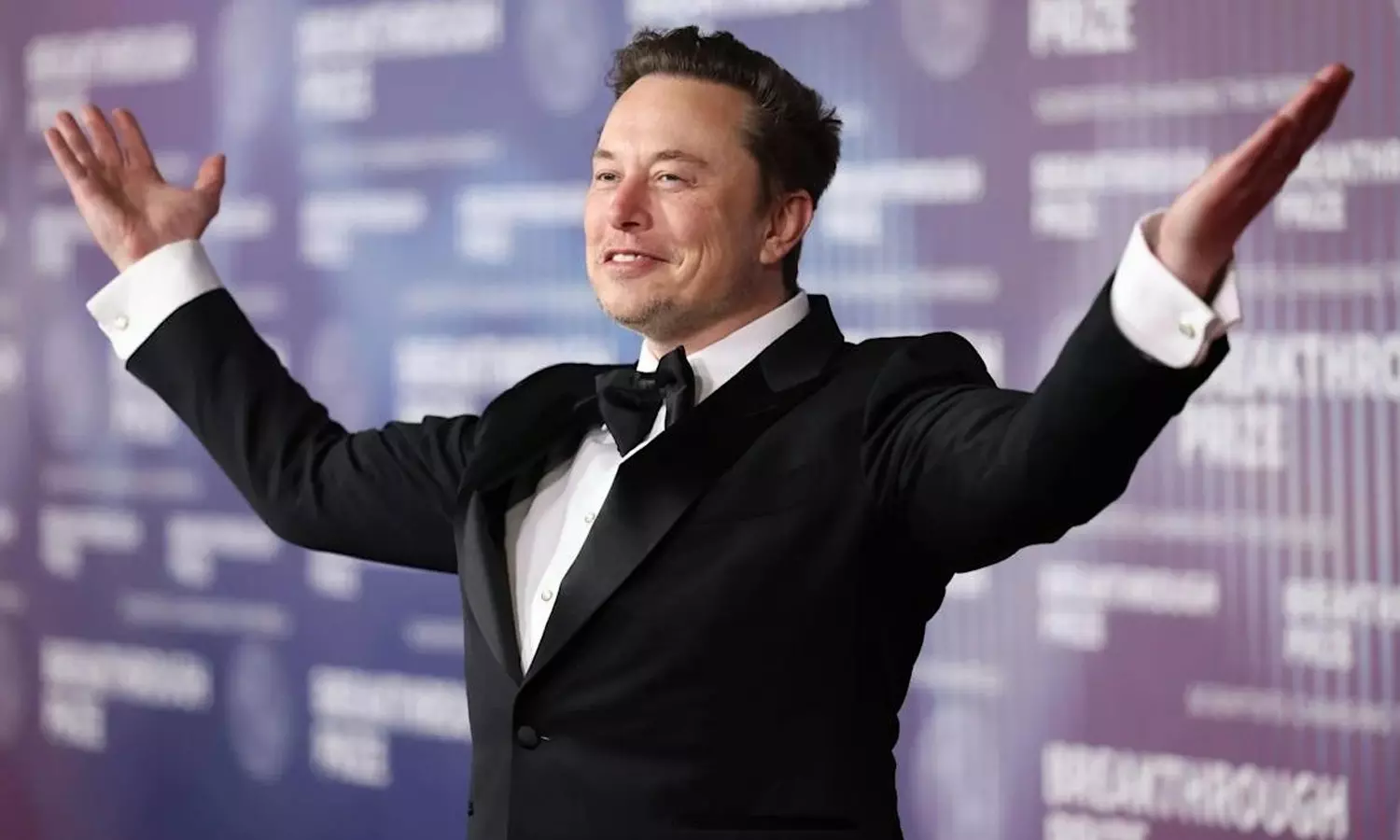
What Tesla says it is trying to achieve
Tesla frames the package as a long-term incentive, designed to retain Musk through ambitious technological leaps: scaling vehicle production, advancing autonomous driving and AI, and delivering humanoid robots that could transform labor markets. The company’s message: the package aligns Musk’s incentives with long-term shareholder value — and without Musk, Tesla’s trajectory could falter.
Yet the plan is controversial even within investment circles. Norway’s sovereign wealth fund — one of Tesla’s largest investors — publicly opposed the deal. Glass Lewis and ISS, as noted earlier, were vocal skeptics and urged shareholders to block it.
What happens next — and why it matters
Because the payouts are tied to specific milestones, Musk will not simply cash out all at once. The plan vests in stages as Tesla hits market cap, profitability and product goals. But the approval creates a legal and financial pathway for one individual to potentially become the world’s first trillionaire — an outcome Oxfam in 2024 had predicted might be possible within a decade (and later updated to predict multiple trillionaires).
The broader stakes are significant:
-
Corporate governance: Will other boards follow suit with jaw-dropping compensation plans? Or will this be an outlier, seen as a unique case given Musk’s outsized role in Tesla’s identity and strategy?
-
Wealth policy: Will governments feel renewed pressure to act with taxes or regulation aimed at slowing wealth concentration?
-
Economic optics: What does it mean to voters and future generations when single executives command sums comparable to national incomes?
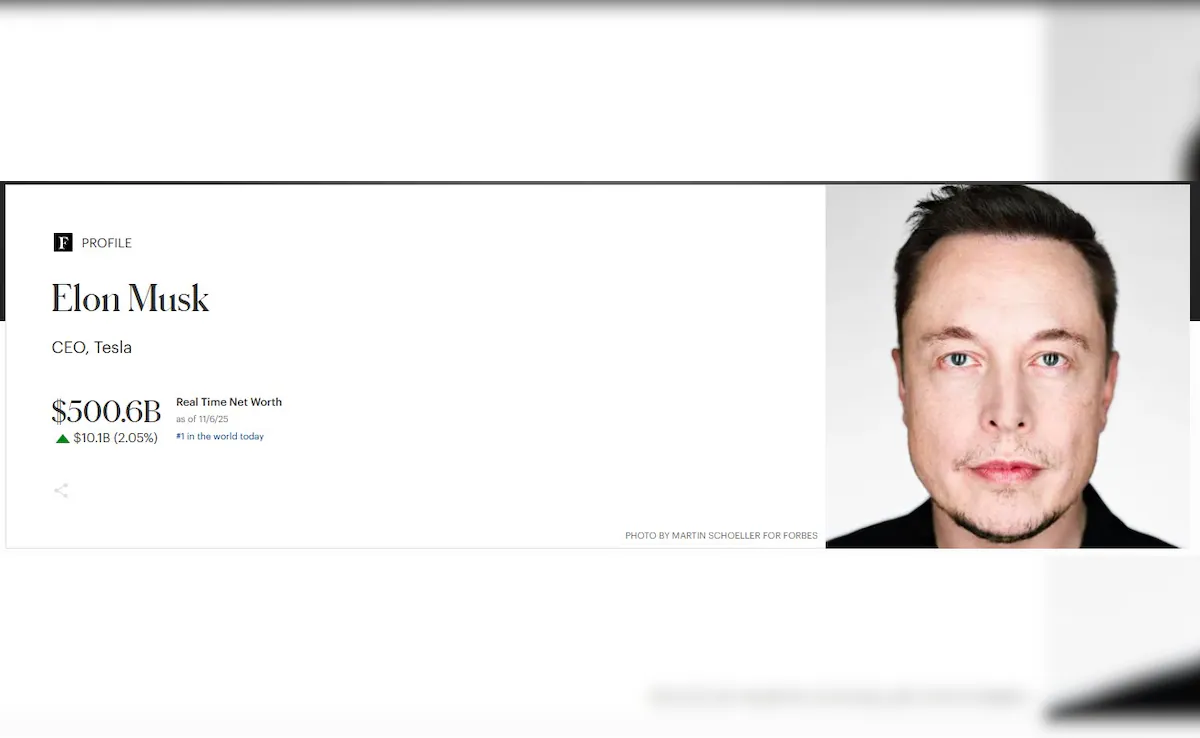
Final thoughts
The Tesla vote is both a financial contract and a cultural symbol. It crystallizes competing narratives about innovation and inequality: to supporters, the package is a pragmatic tool to keep a visionary leader focused on transformative tech; to critics, it is an emblem of a system that allows extreme accumulation of capital in a few hands while many global problems remain underfunded.
Either way, the decision to award a path to $1 trillion to one person will echo across boardrooms, policy debates and public opinion for years to come. Whether that echoes as progress or as peril depends as much on the outcomes Musk and Tesla deliver as on the political and regulatory responses that follow.
With inputs from agencies
Image Source: Multiple agencies
© Copyright 2025. All Rights Reserved. Powered by Vygr Media.

